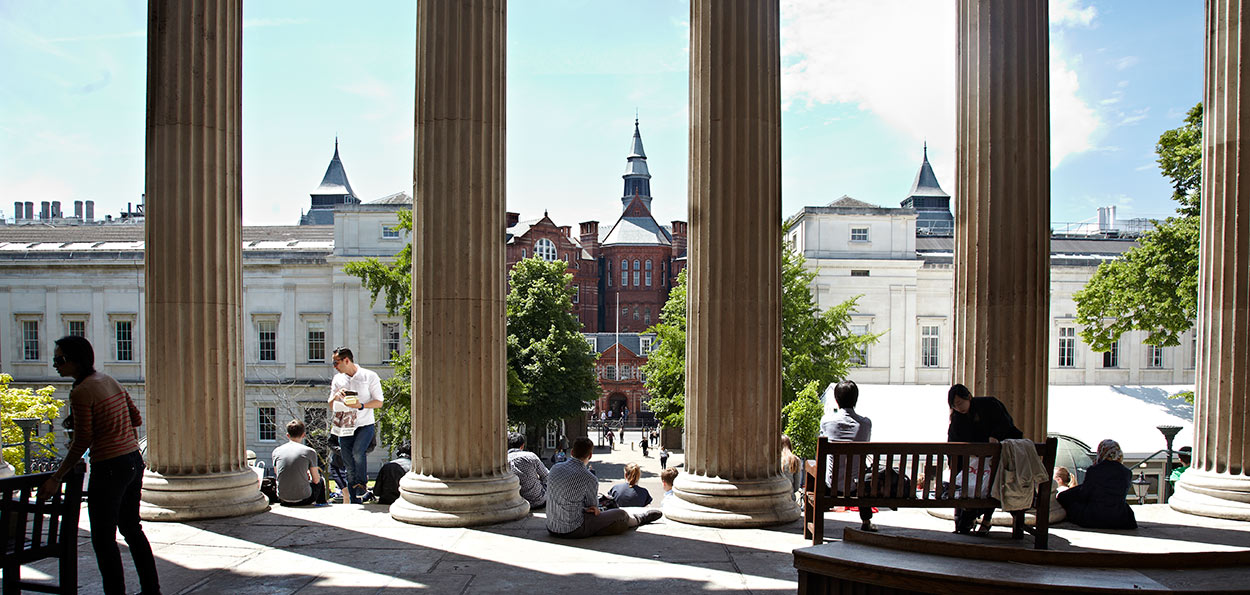The Department of Genetics, Evolution and Environment traces its origins to the Department of Comparative Anatomy founded in 1826 and incorporates previous Departments of Biology, Botany, Microbiology, Zoology and the Galton Laboratory, the first Department of Genetics in the UK.
Current research and teaching in GEE covers a very broad range of activity including biodiversity and environmental biology, the biology of ageing, computational biology, evolution and development, evolutionary genetics, human genetics and human evolution.
About UCL
UCL is London’s leading multidisciplinary university, with more than 13,000 staff and 38,000 students from 150 different countries. Founded in 1826 in the heart of London, UCL was the first university in England to welcome students of any religion and the first to welcome women on equal terms with men.
Who we are
Influential UCL people past and present.
What UCL does
Our research and community impact.
Why UCL?
Reasons students, staff and partners join UCL.
Where is UCL?
Our London and global locations, plus a 360 degree look around campus.
How UCL works
UCL’s strategic work, priorities and governance.


Our Principal Investigator participating in the EvoCell Program

Max Telford
Professor of Zoology | Genetics, Evolution & Environment | Div of Biosciences
Research Summary
Understanding the evolution of the great diversity of animals is a major goal of biology. Research in my lab concentrates on developing an accurate tree of evolutionary relationships of the animal kingdom and on experiments to determine the genotypic changes involved in specific, well characterised morphological changes within the animals.
Biologists would like to understand how evolution has happened in an historical sense – which characteristics arose in which lineages, when they arose and hopefully even an adaptive explanation of why they arose. All of these questions depend absolutely on mapping the characters of interest onto an accurate phylogenetic tree of the animal kingdom and we are using a variety of molecular approaches to refine the animal tree.
We would also like to know how evolution works in a more general sense; we would like to go beyond the neo-Darwinian explanation of adaptation through selection on random mutations to discover exactly what kind of changes at the level of the genotype have given rise to the changes we see in phenotype. These effects of genotype on adult phenotype are mediated through the organisms program of development from egg to adult and these latter questions constitute the program of research now called evolutionary developmental biology. The second aim of the group is to undertake a programme of comparative developmental work in arthropods using modern molecular genetic methods.
Contact
University College London
Gower Street
WC1E 6BT
Tel: +44 (0) 20 7679 2000

